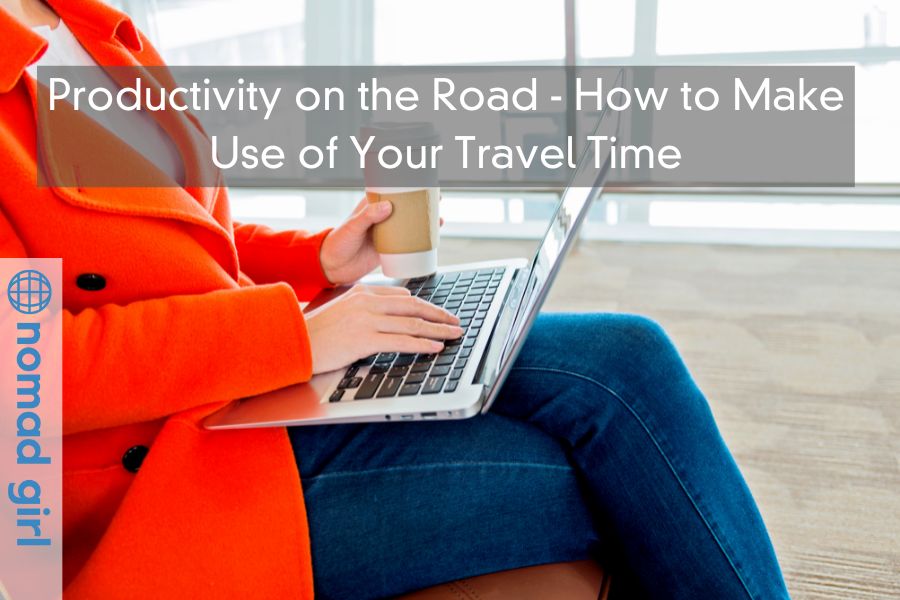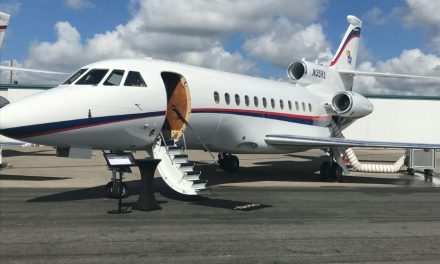If you’re forced to spend much of your working life traveling from one place to another, then you might bemoan the hit that your productivity is taking. After all, the time that you spend waiting to board a plane, or stuck in a traffic jam, or trundling along a seemingly endless stretch of highway, is time that you could be spending a little bit more productively.
Means of transport
Of course, one of your foremost concerns should be the mode of transport you’re using. A trip that’s taken on the train, for example, might offer a very different experience to the same trip taken in a car.
As well as the time that you take to reach your destination, you might also think about your ability to work while you’re in motion. It’s harder (and considerably more dangerous) to respond to emails and drive at the same time, after all.
Perhaps the ultimate mode of transport for long-distance trips is non-commercial flights. Renting a private jet entails many benefits, from a vastly shortened check-in process to a more comfortable experience in the cabin, and access to smaller regional airports that might otherwise be off-limits. You’ll also be able to choose the hours at which you depart and arrive – to a certain extent.
So, while private aviation might be very costly, these costs are often justified by the efficiency savings you’ll make. You can always share the cost between some other digital nomads to have the experience of a lifetime.
Workload organization
If you’re going to be traveling during a given timeframe, and you’re determined to get some work done while you’re on the move, then you might elect to organize your workload accordingly.
Think about how deeply you’ll be working. If you have a two-hour flight ahead of you, then you might be able to focus on a given task, and get it done to a high standard within that timeframe.
In some cases, your working windows will naturally be broken up into shorter fragments. When this is expected, you might leave certain tasks, like answering emails, so that they can be performed en masse in this way. These should be the tasks that don’t demand absolute concentration, or high amounts of effort, but which nonetheless need to be done at some point.
Collaboration
If you’re going to be traveling alongside colleagues, then why not make the most of the opportunity to collaborate? Even if you’re not trying to get something specific done during the transit time, you can still be productive. Discuss what you’re going to do when you arrive at your destination, and generally plan ahead.
Even if you’re just doing a little bit of socializing, you might find that the time and energy you invest here will pay dividends when you come to work together properly.
Overcoming distractions
When you’re traveling, you’re not going to be dealing with an ideal working environment. There will be distractions just about everywhere you go. Barking dogs, loud announcements over the PA, small children throwing tantrums – all of it can and will break your focus.
Fortunately, there are a number of means of dealing with these things. You might try some meditation to actively build your focus, for one thing. For another, you might deploy distraction-limiting technologies, like noise-cancelling headphones.
Privacy
Another potential challenge of on-the-road productivity is the data that you’re potentially exposing to complete strangers. If you’re on a laptop in a departure lounge or a train station, then you can never be truly sure who might be looking over your shoulder. Be cautious.
In the modern era, a malicious third party doesn’t even need to look at your device to see what’s on it. This goes especially if you’re using unsecured Wi-Fi. Get around this problem with the help of a good VPN. That way, you can be reasonably sure that the information is not going to be intercepted.
Dealing with jet lag
Exhaustion and fatigue will inhibit your performance. And if you’re crossing between time zones, then this problem will be made even worse by jet lag. Your body’s internal circadian rhythm will be mismatched with your surroundings, and you might take several days to get over it.
Unfortunately, you might not have several days. If you’re getting off a plane in the morning, delivering a keynote address, and then traveling back in the evening, then you might struggle to function at your optimum.
There are a few ways to deal with this issue. First, you might try to adjust your sleep habits before you travel. Second, you might cut back on the caffeine and alcohol during your trip. Finally, you’ll want to expose yourself to as much natural light as possible during the day – this will help your body to readjust to your surroundings so that you feel ready to sleep again when night rolls around.


















